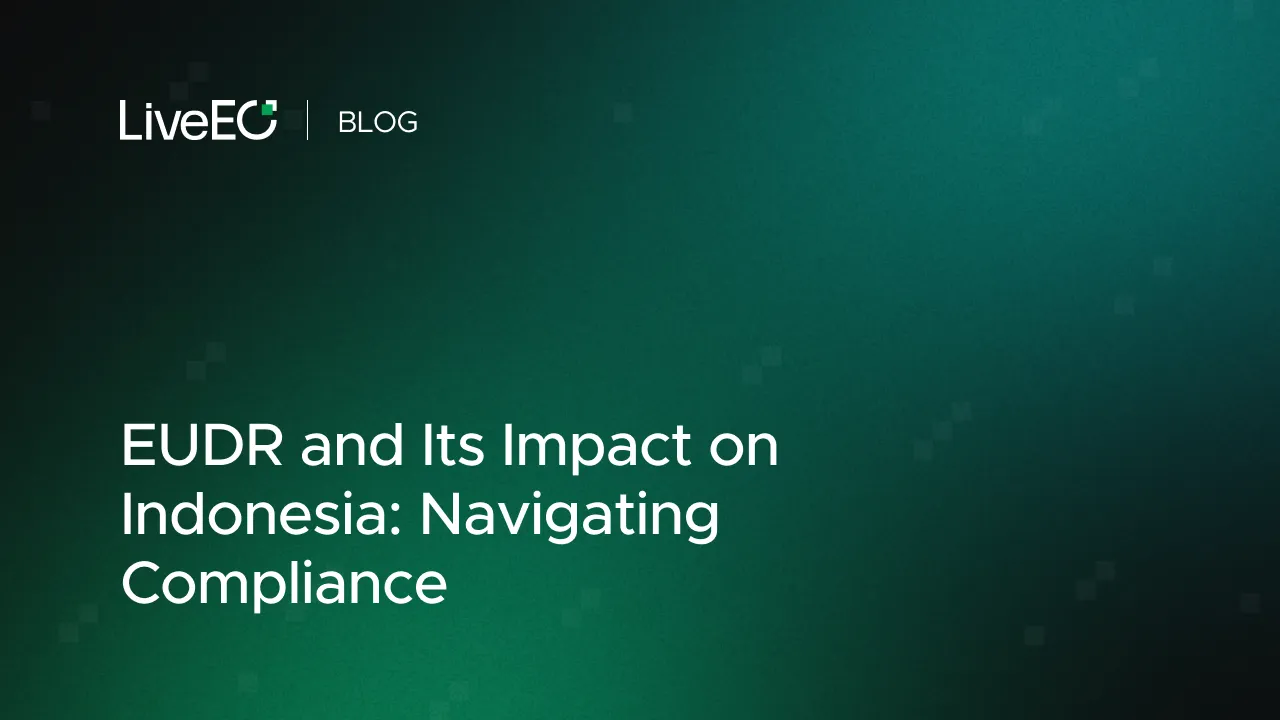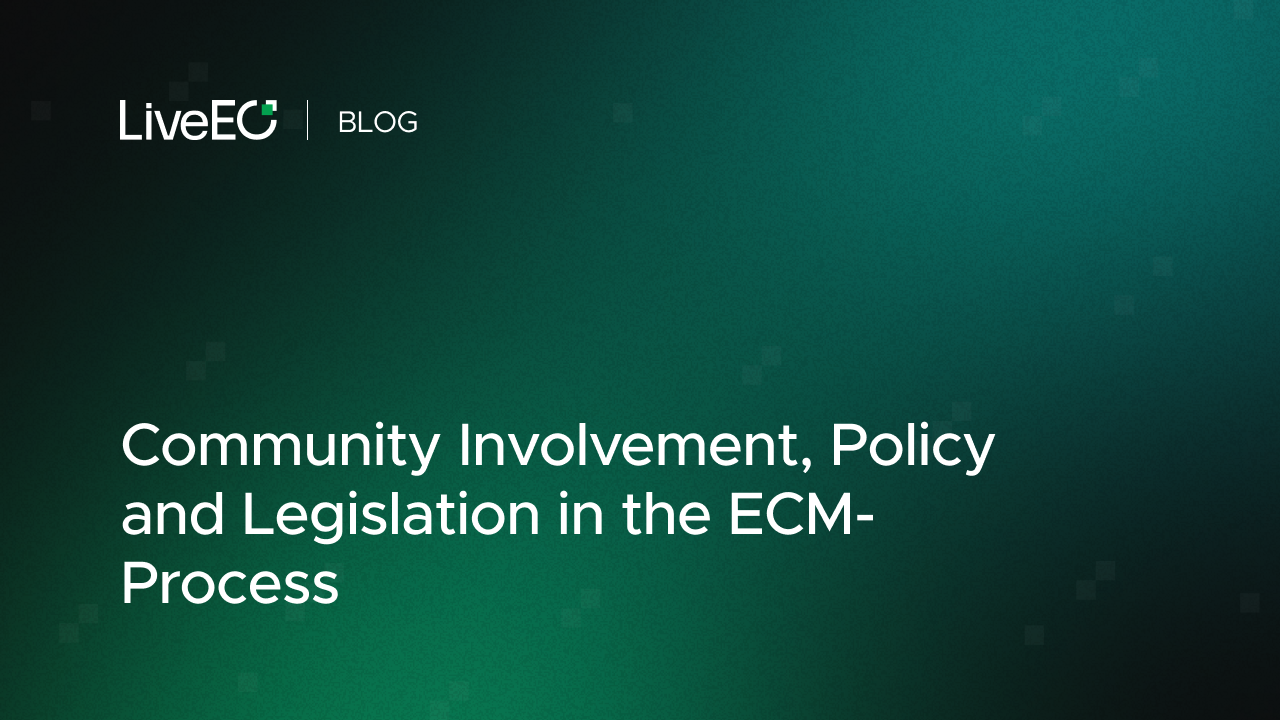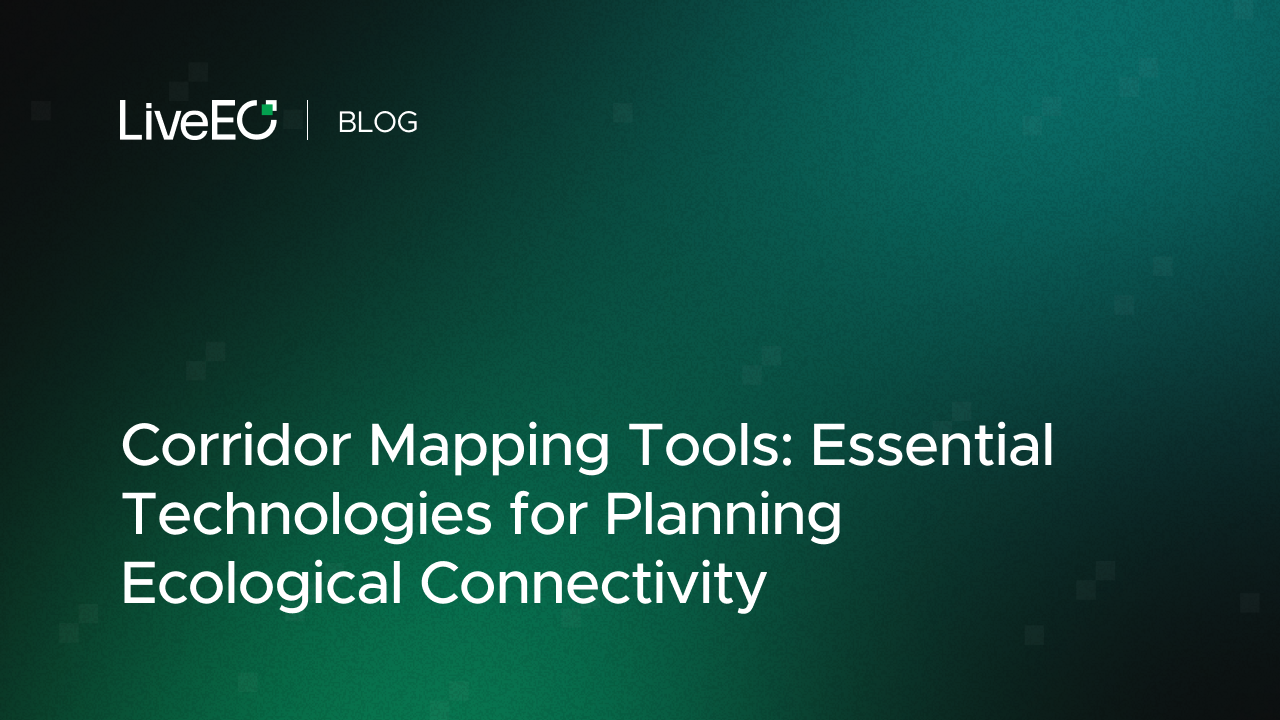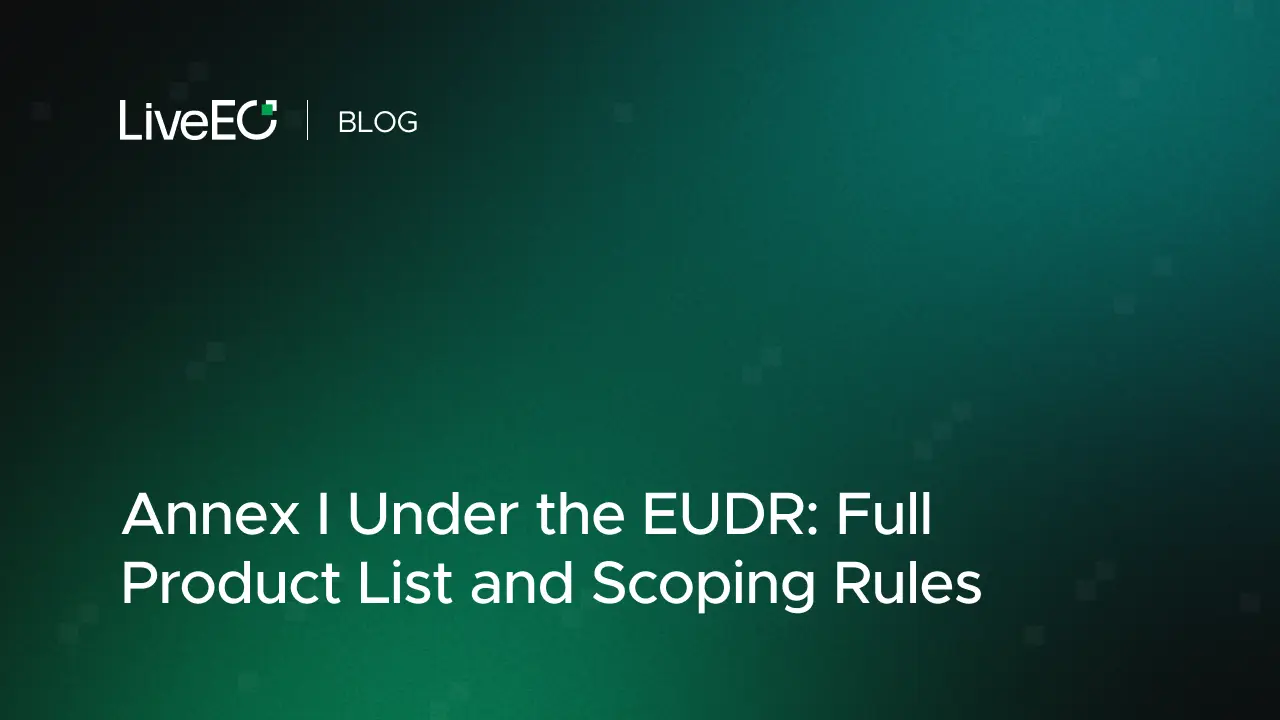The European Union Deforestation Regulation (EUDR) is reshaping the dynamics of trade and environmental governance, with significant repercussions for Indonesia's palm oil industry. Understanding the nuances of the EUDR is crucial for Indonesian stakeholders, from smallholders to conglomerates, and the broader implications for the country's economy and environmental efforts. This comprehensive analysis dives into the EUDR's impact on Indonesia, exploring the multifaceted challenges and the potential pathways toward sustainable compliance.
What is the EUDR?
Implemented on 29 June 2023, the EUDR seeks to ensure that commodities entering the EU market, including palm oil, do not contribute to deforestation or forest degradation. This regulation holds EU operators to stringent standards of due diligence and traceability, with the dual objective of promoting environmental sustainability and potentially reshaping global trade dynamics.
Economic Implications for Indonesia
Indonesia, as a pivotal player in palm oil production, faces substantial impacts due to the EUDR. Palm oil contributes significantly to Indonesia's GDP and employs millions. However, smallholders, responsible for over a third of the country's palm oil output, may bear the brunt of the regulation's compliance demands due to limited resources and technical capabilities. With the risk of exclusion from the EU market, these smallholders face potential income losses and increased dominance by larger corporations.
Environmental and Sustainability Implications
Despite the economic challenges, the EUDR catalyzes a movement toward sustainable agriculture in Indonesia. It underscores the importance of traceability and sustainable land management, aligning with the country's environmental objectives. However, the success of this transition hinges on the industry's ability to provide support and infrastructure tosmallholders, ensuring their vital role in the supply chain is not diminished.
Compliance with the EUDR is multifaceted, demanding operators to not only engage in environmentally sound practices but also to provide transparent evidence of their adherence to these principles. Key among the EUDR’s requirements for palm oil producers are the following points:
- Deforestation-Free: Ensure that palm oil products are not contributing to deforestation post-2019.
- Legal Compliance: Products must adhere to the laws of the country of production.
- Due Diligence Statement: A statement confirming the application of due diligence and minimized risks is required.
- Geolocation Data: Operators must provide precise geographical coordinates for the land where palm oil was produced.
Adhering to these requirements will necessitate a concerted effort from all stakeholders within the palm oil supply chain, from smallholders to large conglomerates.
{{inline}}
The Path to EUDR Compliance for Indonesia: Challenges and Opportunities
The path to compliance is fraught with complexities, particularly for smallholders. They confront hurdles like proving land legality, providing precise geolocation data, and bearing additional costs for compliance. Yet, the EUDR also presents opportunities for Indonesia to bolster its international standing as a sustainable producer. Investments in geospatial analytics like LiveEO's compliance solution and other technologies can streamline compliance, while collaborative partnerships with the EU can provide the necessary support for smallholders to overcome the regulation's challenges.
Conclusive Insights
The EUDR's implications for Indonesia are intricate, touching on economic viability, environmental responsibility, and compliance feasibility. While acknowledging the challenges, particularly for smallholders, the regulation also offers a chance for Indonesia to elevate its commitment to sustainable practices. Strategic management, technological support, and international collaboration could turn the tide, enabling Indonesia to not only comply with the EUDR but also to lead by example in the global fight against deforestation.
Could Indonesia be "high-risk"? Understand the approach towards high-risk countries.








